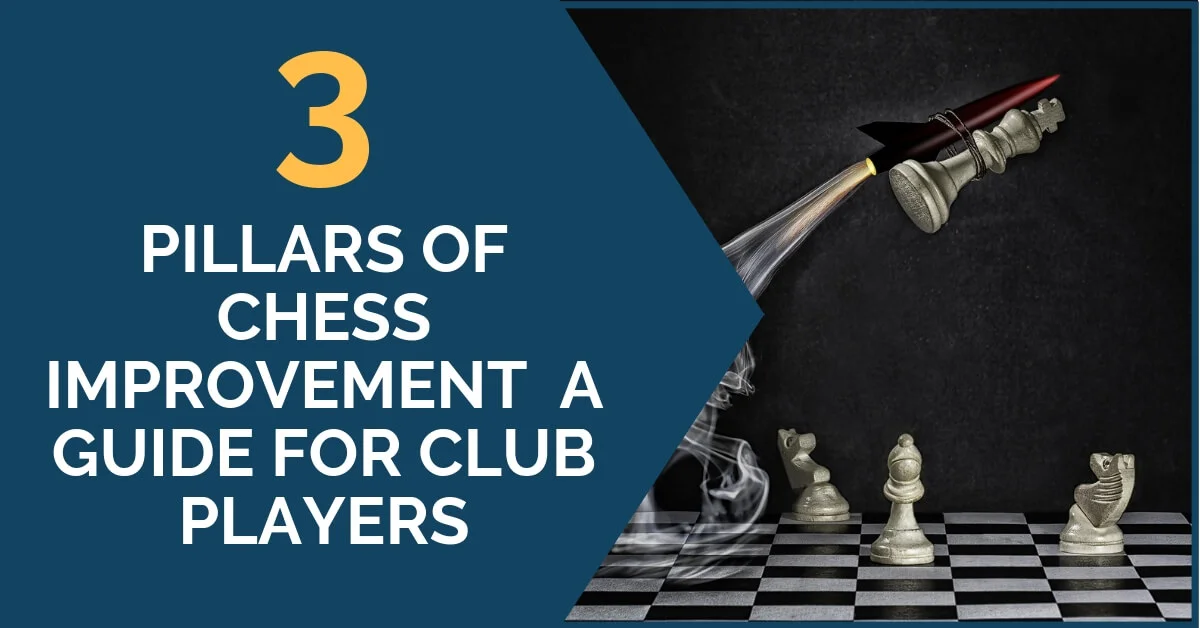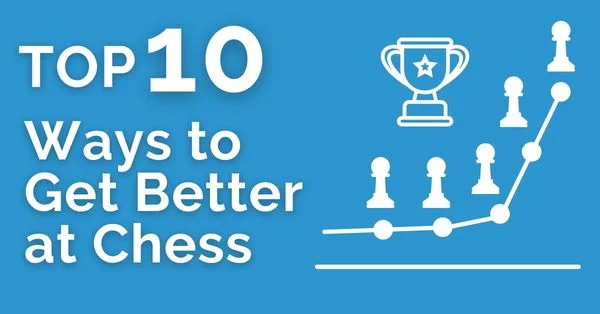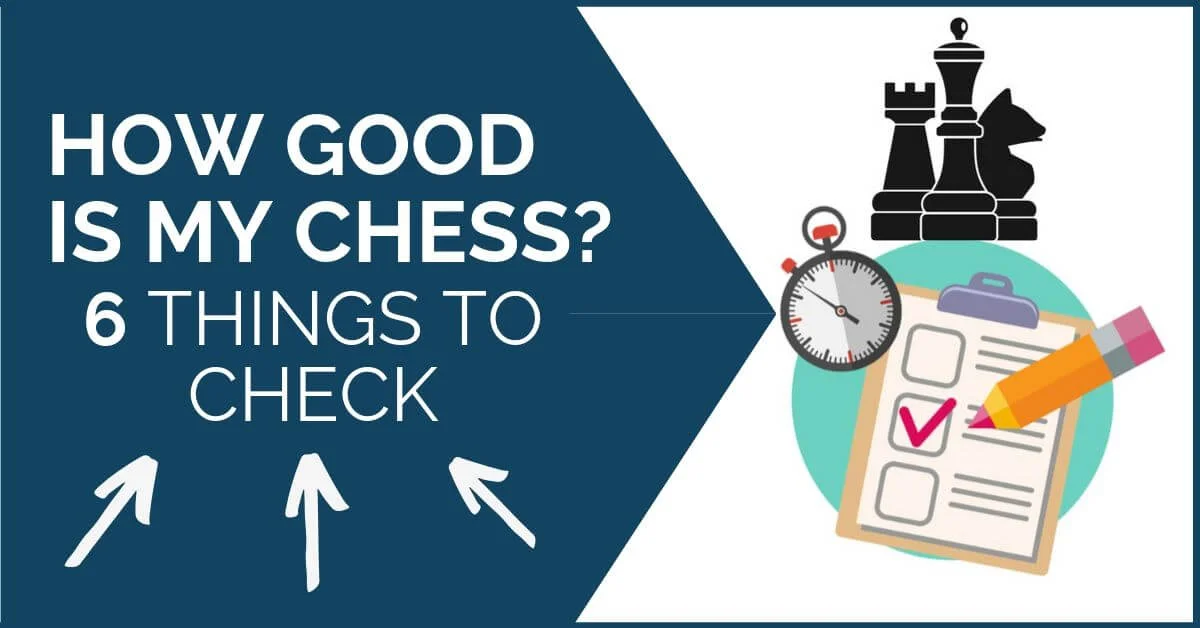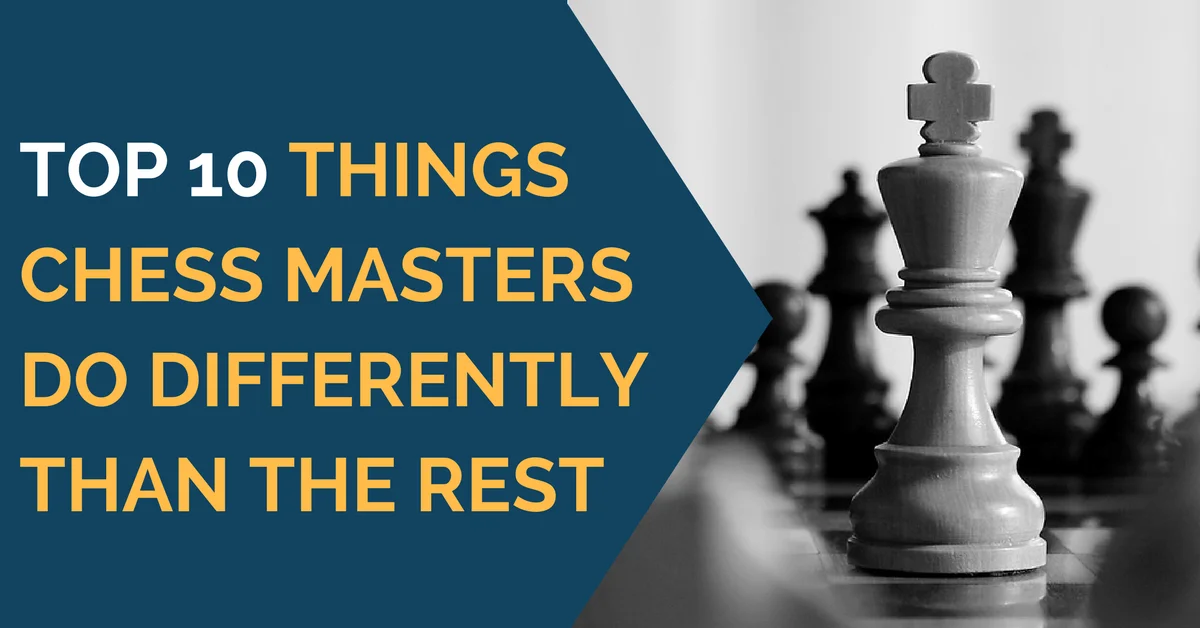3 Pillars of Chess Improvement – A Guide for Club Players

Chess Improvement: Going serious at chess all by oneself is something truly admirable. It is unnecessary to say that chess is one of the most difficult things to master and every day it continues to become more difficult as the level of the players keeps rising. How to become better at chess? That is a difficult question with more than just one answer.
In this article, we want to shed some light on the aspect of the training process from scratch and onwards.
Progress in chess depends on many different factors, qualities, environment, and proper training. The environment helps a lot. If a chess scene surrounds you with strong players or at least chess enthusiasts, then you have gained a lot. Once you achieve a certain level, playing is essential to becoming a strong player. Competition raises your level of play and sharpens your mind.
Your qualities as a player matter as well. It is not so much about talent; having the discipline and doing what it takes to improve on a regular basis is more important. Then there is the proper training factor.
Chess Improvement – What to do and when to do it?
The following guideline should be useful to answer this question or at least give us an idea of how to approach our chess improvement.
First steps
To learn well the basic tactical elements. This means that puzzle-solving, combinations, and learning classic games of the champions like Alekhine and Tal are good places to start. The ability to grasp when there is a combination on the board is something one wants to learn early and of course, being able to calculate it is essential. Note that we are not referring to deep tactical training here, but learning the basics and seeing many tactical themes. Aim for quantity.
Chess Improvement – Positional Understanding
Positional culture is a big part of chess. Most of the games require good positional play at some point and in general, everything is connected. Tactics flow from a superior position they say. However, to get that position one needs to know how to place the pieces onto the most effective squares. A player needs to become familiar with the basic aspects of positional play, such as weaknesses, bishop pair, opposite color bishops, minor pieces, and so on. Studying the games of the best positional players like Rubinstein, Petrosian, Kramnik, and Karpov is always useful.
Once you have obtained a higher level, Openings start to become a more important factor. However, it is not as important yet. In fact, a deep study of the openings will not be necessary until you obtain a close to Grand Master level, and sometimes not even then. This does not mean you don’t need to study openings at all, but the way to do it is certainly different.
You might also be interested in 9 Reasons Why You Are Not Improving at Chess.
We also recommend reviewing The 10 Best Modern Books for Chess Improvement.
How to study your openings?
Rather than focusing on the move-by-move memorization, which in practice is rather unlikely to be effective, try going over many games of strong players who play the lines you want to learn. For example, Radjabov on the King’s Indian, Caruana on the white side of the Spanish. Do this with every single opening that you are interested in.
You will find a great number of different positions and learn the most common patterns that you can emulate in your own games in tournaments.
Going over games is very effective. Not only will you learn the opening stage, but you will also be able to learn positional play, tactics, and of course endgames.
Everything is connected.
These three pillars of chess training can get a player as far as a strong master candidate. The repetition of this method over and over again will be enough to turn you into a competitive player.
Chess Improvement – To sum it up, this is what’s important in your chess training:
- Solving
- Positional culture
- Openings
We hope you have enjoyed reading this article and hopefully it has cleared some doubts about what you should be doing to improve your chess game.










Comments: